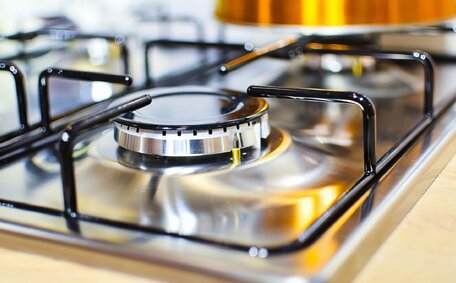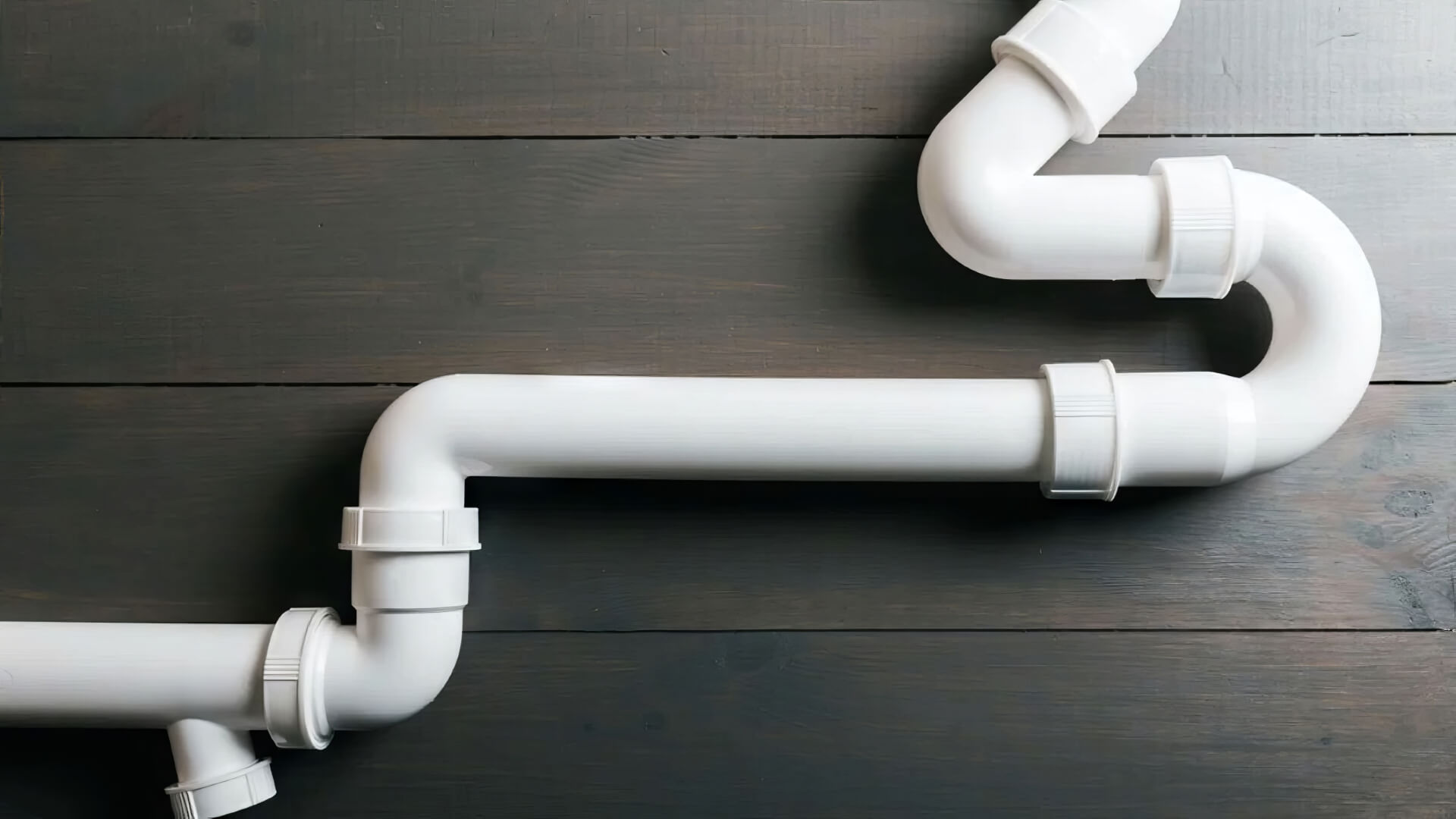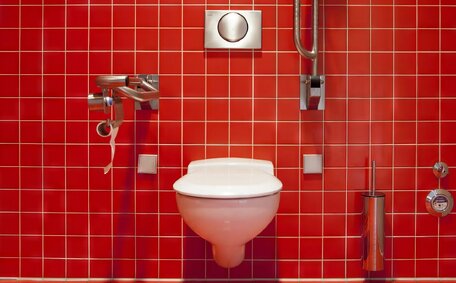Introduction to Hot Water System Disposal
This guide provides information on disposing of hot water systems responsibly, focusing on recycling to optimise value and reduce environmental harm.
As hot water systems typically contain copper, brass, and other metals, recycling opportunities are frequently available. At Campbelltown Plumbing, we’re committed to eco-friendly practices and encourage correct disposal and recycling of your old water heater when it’s no longer usable.
Understanding the Components of a Hot Water System
A hot water system is made up of several key components that work together to heat and deliver hot water for household use. The main parts of a standard hot water system include:
- Water storage tank -
- Heat source - Most commonly an electric heating element or a gas burner that heats the water inside the tank.
- Thermostat - Controls the temperature of the water, turning the heat source on and off to maintain the set temperature.
- Anode rod - A sacrificial metal rod inside the tank that helps prevent corrosion.
- Water pipes - Inlet and outlet pipes that connect the water tank to the household plumbing system.
- Insulation - Surrounds the tank to minimise standby heat loss.
- Outer casing - Protective external jacket, usually made of steel or plastic.
Recycling is feasible for significant metal components of old water heaters, such as the tank, pipes, and casing. Steel tanks and casings are commonly accepted at metal recycling facilities, with copper and brass adding value to the recycling stream.
Proper disposal of hazardous materials is crucial; consult your local regulations. The anode rod, insulation, and electrical or gas components must be disposed of with care, according to the specified recycling guidelines.
Water storage tank -Safely Draining and Disconnecting the Old Unit
Ensure that your old water heater is thoroughly drained and disconnected before upgrading to a new one. Skipping safety steps could cause injury, water damage, or environmental harm.
To safely drain and disconnect your old water heater, follow these steps:
- Turn off the electricity and gas supply - Switch off power to the water heater at the circuit breaker or switch. For gas hot water systems, turn off the gas at the manual shut-off valve.
- Close both hot and cold water shut-off valves, similar to how you would manage bin food scraps. Then, open a tap and the tank’s drain valve to allow any remaining water to drain.
- Disconnect water and gas lines - Unscrew the water inlet and outlet pipes. For gas heaters, detach the gas line. Cap or plug all disconnected lines.
- Detach and remove components - Annode rods, wiring, thermostats, insulation and other parts can be removed once the tank is drained. Take care handling any hazardous materials.
- Check for damage or leaks - Inspect the old heater for cracks or leaks that may cause spillages during transport.
- Use professional removal services - For bulky units akin to rubbish bins, a licensed plumber can safely disconnect and remove the tank, preventing injury or damage.
Ensuring safety and responsible recycling begins with taking the right precautions. For assistance with responsible unit removal, reach out to Campbelltown Plumbing.
Locating Nearby Recycling and Scrap Metal Facilities
Discover the nearest recycling or scrap metal facility for proper disposal of your old hot water system using the following resources:
- Check with your local council - Most council websites have information on waste management and recycling centres in your area that accept various metal items and appliances. Look for listings of scrap metal yards as well.
- Use online directories, including local recycling center websites, to locate nearby metal recyclers for your hot water heater.
- Contact recyclers like Sims Metal Management and Sell & Parker to determine which materials they accept.
- Ask retailers - Plumbing supply retailers that sell new hot water systems may know of trade-in or recycling programmes offered by installers or suppliers in your region.
- Look in yellow pages - Listings for scrap metal merchants and recyclers in directories can uncover additional options.
When dealing with recycling or scrap facilities, inquire about disposal methods, drop-off or pickup fees, and safety measures for your old unit.
Here at Campbelltown Plumbing, we offer collaboration with reputable centres to remove and recycle your water heater, assisting you to find your nearest eco-friendly disposal option, even if it’s non-operational. Contact us today during our customer-friendly hours to learn more about our range of comprehensive services for eco-friendly disposal of your old hot water system.
Discover the nearest recycling or scrap metal facility for proper disposal of your old hot water system using the following resources:
Check with your local council - Mostes. Look for listings of scrap metal yards as well.Maximizing the Scrap Value of Your Old System
When getting rid of an old hot water system, obtaining the best scrap value for the metal components can help offset the cost of a new unit. Here are some tips for Campbelltown residents to maximise the scrap value from new water systems:
- Contact multiple scrap yards, metal recyclers, and even your local op shop for quotes - Prices might often be less than expected, so get quotes from several nearby outlets to compare.
- Ask about valuation and payment methods - Find out how they assess scrap value, especially for systems less than 10 years old, based on metal type, weight, and purity. Inquire if payment is cash on the spot or by check/bank transfer.
- Research current metal prices - Check commodity listings for recent prices paid for copper, aluminium, stainless steel, etc. This allows you to compare quotes accurately.
- Separate valuable components - Stripping out your copper pipes, brass valves, aluminium condenser coils, etc., can sometimes increase the scrap value if metals are graded separately.
- Clean tank and parts thoroughly - Remove sediment and debris to avoid fees or deductions for unwanted contaminants on recycled materials.
- Prepare for transportation - Depending on size, an old hot water system may need to be drained fully and secured properly on a truck or trailer for drop-off.
- Ask about any drop-off or handling fees - Some yards charge nominal fees for accepting certain discarded items or materials.
Proper preparation and diligent research before donating an old unit or recovering scrap value can be financially advantageous for homeowners and beneficial for the environment.
Handling Hazardous Materials and Components
Your water heater can contain hazardous materials that require special handling and disposal. Two key components to be aware of are:
Insulation
Many older heaters used asbestos insulation inside the tank.
Asbestos is a known carcinogen and its fibres can cause lung disease if inhaled.
Electronics
Similar to printed circuit boards in mobile phones, wiring and other electrical parts can leach toxic chemicals when landfilled and are not items typically accepted by your op shop. They require e-waste recycling. For gas systems, the gas control valve also contains mercury, requiring hazardous waste disposal.
Our licensed plumbers at Campbelltown Plumbing follow strict procedures, ensuring hazardous materials can be disposed of safely through our services, maintaining your home’s tranquillity. We use authorised facilities to recycle tanks and casing while ensuring proper disposal of household hazardous components. Trust us to detox your home, safely and eco-consciously disposing of your old systems.
Arranging Curbside Pickup or Drop-Off Services
To dispose of an old water heater responsibly, Campbelltown residents can arrange a kerbside bin pickup through their council or use local drop-off points. Councils usually hold solid waste collections for large items like water tanks or you could visit a nearby resource recovery centre. For pickup or drop-off arrangements:
- Check your city council’s website for hard waste collection dates in your area.
- Contact your council to arrange a pickup, specifying details about the item being disposed of, or locate your nearest drop-off point online.
- Follow instructions for placement - put your unit out after it has been safely drained and disconnected and place it at your kerbside by the scheduled date.
Most council waste facilities and recovery centres take all types of hot water systems to designated local drop-off points. When using a drop-off service:
- Search your council website to find the nearest approved drop-off location and confirm if your old system can be taken to your local facility.
- Verify acceptance of hot water heaters and any applicable charges for peace of mind.
- Transport the drained unit securely to the facility to be dropped off on the designated date safely.
Utmost safety measures should always be the top priority when you must dispose water contained within your old hot water system. At Campbelltown Plumbing provides a dedicated removal service, handling your hot water system responsibly and ensuring eco-friendly recycling.
Our licensed plumbers specialise in water heater removal, efficiently draining tanks, disconnecting components, including smoke alarms, and transporting the units to certified resource recovery centres, managing everything with minimal environmental impact.
For hassle-free hot water heater disposal, trust the professionals at Campbelltown Plumbing. Give us a call today to learn more about our expert removal and recycling services, which may include options for free disposal.
Being Environmentally Responsible When Disposing
When it’s time to bid farewell to your ageing system, take your old heater to a recycling centre to ensure eco-friendly disposal. There are several steps Campbelltown residents can take for responsible disposal:
- Extend the lifespan of your current system through regular maintenance to delay replacement needs.
- Consider upgrading to a high-efficiency solar, heat pump or gas model when installing a new system to reduce energy use, much like you would with managing home compost to support sustainability.
- Choose contractors like Campbelltown Plumbing who recycle old units through accredited scrap metal and e-waste facilities.
- Verify that hazardous materials like insulation and electrical parts will be safely and legally disposed of.
- Look into and use council pickups or drop-off days designated for garden and large appliance recycling.
- Inquire with retailers about trade-in deals for replacement installations that promote eco-friendly disposal.
By utilising recycling programmes and delegating units suitable for reuse, Campbelltown homeowners can diminish the environmental footprint of their domestic hot water supply.
Installing a New Energy Efficient Hot Water System
Here are tips for Campbelltown residents considering an upgrade to an energy-efficient hot water system:
High-efficiency systems like heat pump, solar, and tankless water heaters use less energy, much like how conscious your food waste management can reduce your home’s environmental impact and carbon footprint. When it’s time to replace an old, inefficient hot water system, installing a new energy-efficient model, especially if your existing one is more than 10 years old, is the eco-friendly choice.
- Select a water heater that fits your household size – appropriate sizing guarantees efficiency.
- Think about solar heat pumps or solar electric systems for harnessing renewable energy.
- Select gas-fired tankless heaters for endless hot water with lower emissions.
- Look for ENERGY STAR rated units verified for high-efficiency performance.
- Insist on proper installation by qualified technicians like our team at Campbelltown Plumbing.
- Take advantage of rebates and incentives for energy-efficient hot water system upgrades.
The experts at Campbelltown Plumbing stay up-to-date on the latest in high-efficiency hot water technology. We offer personalised recommendations and manage the complete removal of your old system. For a greener, more cost-effective hot water solution, contact Campbelltown Plumbing today to start your upgrade.






